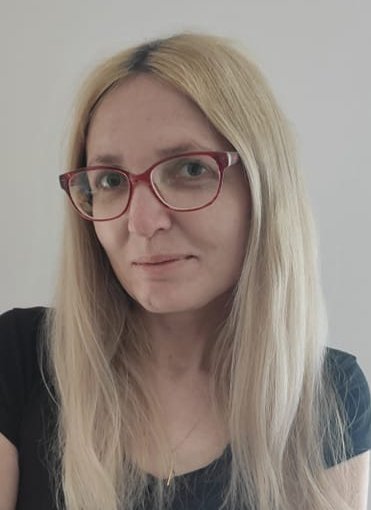




Ale (Itsaso Arana) and Alex (Vito Sanz) have been living together for 15 years, and they are now considering a divorce. One evening, Alex suggests that they throw a party in honour of their separation. Her father said many times: it is not unions that should be celebrated, but divorces instead. So a strange night conversation turns into reality. The next morning, Ale and Alex begin inviting their friends to the bizarre occasion. Some of them find the news very strange: the couple seemed happy and inseparable. Some agree to attend and even to play live music at the party, some hail the idea as brilliant, while others claim that the news ruined their evening. Alex’s mom cries. Ale’s dad (played by the filmmaker‘s own father Fernando Trueba) invites them to organise a party in his garden, despite not being particularly impressed. He advises Ale to read Danish philosopher Søren Kierkegaard.
Jonas Trueba is known for his low-budget films, often aimed at cinephiles. He started making films in early 2000s. He made his feature-length debut Every Song is About Me in 2010. His films are mostly about himself. His heroes are usually people somehow connected to cinema, or other creative professions.
Trueba uses a familiar device in The Other Way Around: a film-within-a-film. Ale is a film director and she is currently editing a movie in which Alex plays the main role. She has to grapple with her husband (who is about to become an ex) both at home and at work. On one hand, this is not a problem: Alex and Ale still have a friendly anf warm relationship, despite the fact that they sleep in different rooms. They joke together, watch and discuss their favourite Hollywood comedies of the 1940s, share a ciggie, and meet with their common friends. On the other hand, the absence of quarrels and disagreements is a problem per se. Why should they have a divorce after all? Is love really gone? Ale’s copious riverside crying suggests this is not the case at all.
The Other Way Around boasts repeated scenes and dialogues. It is structured as a series of conversations with friends about the divorce. This technique is sometimes a little repetitive, yet Trueba is firmlyon familiar territory. The Spanish director knows domestic discussions well: In You Have to Come and See It (2022) a couple receives guests in their new home and talks to them. This is a director of psychological nuances, shades of behavioural patterns. The Other Way Around is a drama with a few comedic devices and references thrown in. One of Ale’s friends, who also happens to be a filmmaker, tells her fortunes using the Bergman Tarot (a tarot deck with images of Ingmar Bergman’s films). The father describes Bergman in connection to Kierkegaard, calling the philosopher “Bergman without Ullman”.
Ultimately, this intimate and modest love story is a “warm” Bergman movie. Some sort of crossover between the late Swedish filmmaker and Miguel Gomes.
The Other Way Around premiered at the Directors’ Fornight section of the Festival de Cannes, and it won the Best European Film Prize. Don’t forget to check our interviews with Jonas Trueba here. In cinemas on Friday, July 11th.











